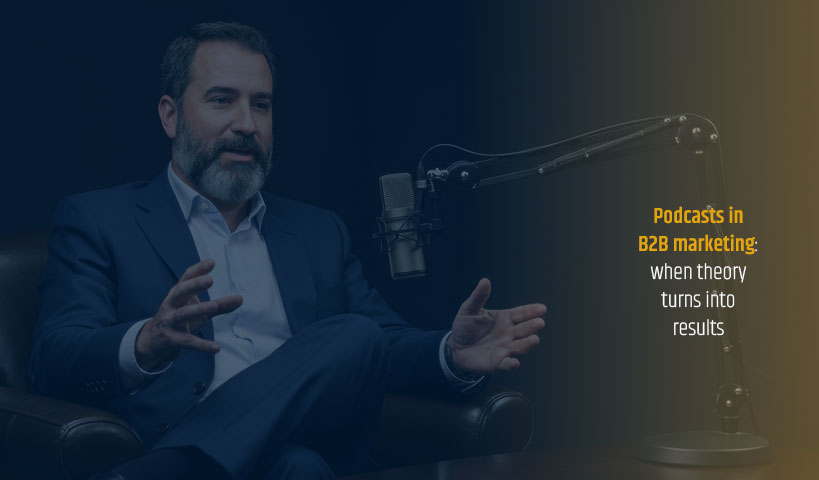In my first post, I mentioned that a re-evaluation of the way we perceive marketing is necessary, and that implies a change of culture. In this post, I present two classic paradigms that limit the practice of strategic marketing.
The WOW EFFECT Syndrome
- The wow effectMarketing is a creative function which must seduce the clients that will become interested in a company and their proposed products
- Impressed clients or clients drawn in by the originality of the communication approach will pay more attention to the sales technique and will be more inclined to purchase the product.
What are the limits of this marketing construct (paradigm)?
- Putting too much emphasis on creativity penalizes the establishment of the communication message, which must remain pertinent for the different targeted clienteles, as well as communicating the most important benefits sought by these clients.
- Moreover, communication strategies leading to message creation rely too often on biased perceptions about the wants and needs of customers, as well as on an intuitive or incomplete perception of market opportunities.
- Granting too much importance to creativity could imply favouring graphic communication tools (adds, brochures, web pages, etc.) at the expense of content.
- Visuals are significant. It’s important not to say too much for risk of loosing the message in verbose noise. On the other hand, not saying enough might only spark a fleeting interest in the targeted clientele or worse yet; it might confuse them
The Risky Wager Of A Product-Oriented Approach
- Many businesses rely too heavily on their product’s strengths to generate sales
- They also depend on the strength of their sales force to push their superior product to the clients.
- A superior product does make a difference; even if competitors have an excellent sales force, and even if the product doesn’t satisfy all of the clientele’s needs.
What are the limits of this marketing approach (paradigm)?
- Markets and technologies evolve rapidly. Clients change and become more sophisticated in their purchasing behaviours.
- It becomes difficult for R&D to anticipate with precision the evolution of various markets and to identify the opportunities to exploit therein in order to develop high-quality products.
- Fierce ever-growing international competition offers clients wider choices of quality products at competitive prices.
- Experienced sales staff can’t always rival with a superior product offer despite the application of their best sales tactics.
Sooner or later, companies will face a saturating point in their growth. They must revise their approach and rethink about their corporate strategies. These are the starting points of strategic marketing.




